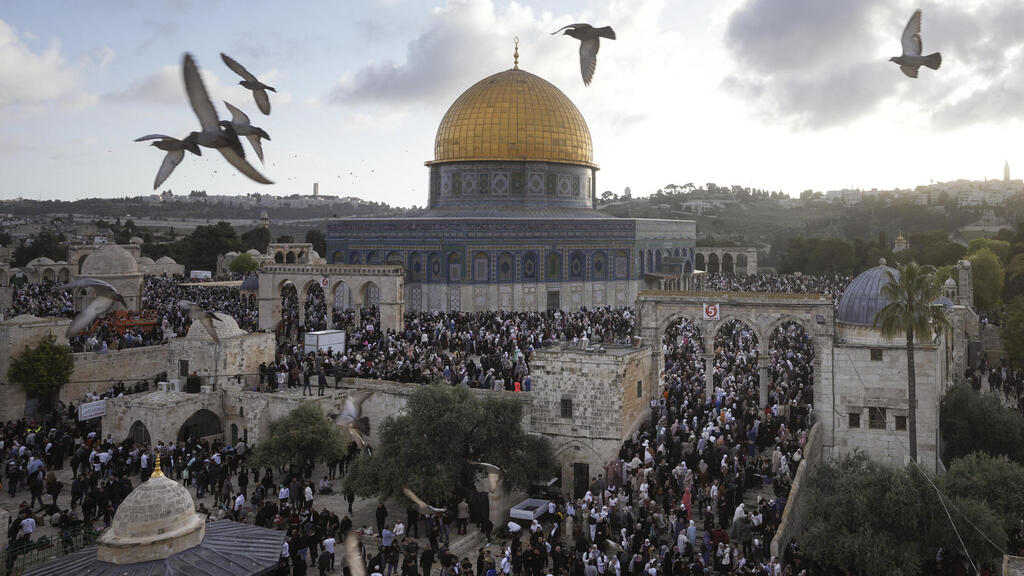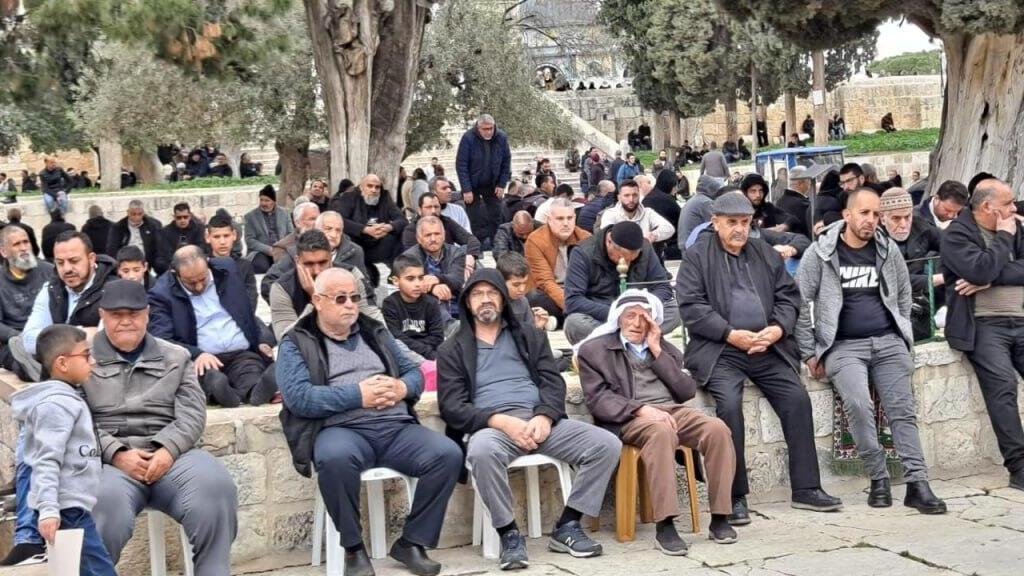Getting your Trinity Audio player ready...
This Ramadan differs significantly from its predecessors. In four prominent Arab countries - Egypt, Jordan, Lebanon, and Syria - unprecedented poverty prevails this time. The Arab world hasn't witnessed such widespread deprivation in recent memory, with empty pockets reflecting the intensified and ongoing poverty that has gripped these four countries over the past two years.
Read more:
Aid flights have halted landings in Beirut, Damascus and Cairo. Attention and resources are focused on Gaza, with planes directing their cargo deliveries - food supplies, drinking water, medicines, blankets, and clothing - to three focal points in the strip: the north, central, and southern regions where most of the population resides. Only a few, less than a thousand, received exit permits, and they paid thousands of dollars for them.
Israel was indirectly involved in every step - without Israeli approval, even those with luck would not have been able to leave the strip, and the delivery of packages was not reaching its intended recipients. Now, the floating dock, an old American patent, aims to flood Gaza with Ramadan meals, and wealthy Gulf states are preparing to surprise and send gifts and new clothes to Gaza's children.
The month of Ramadan, one of the five pillars of Islam, alongside prayer, the declaration of faith, giving alms to the needy, and pilgrimage to Muslim holy places in Saudi Arabia, is a joyous family event. Typically, people eat double portions of food at night and special quantities of Ramadan sweets. It's the holiday when gifts and flowers are bought, and extended families gather from six in the evening for a meal and watch the Ramadan series on television across the Arab world.
This year, we sifted through a vast selection: at least 200 series from 30 production companies, with Egyptian and Turkish productions leading the pack. However, this time around, we didn't spot any particularly captivating series in the promotional clips. Due to budget constraints, the focus was on silly comedies, dull historical dramas, and social series, primarily focusing on women, which may pique interest when they hit the small screen.
Undoubtedly, the standout series likely to captivate Israeli viewers will be "Malyacha," with its 15 episodes. The drama follows a girl who flees from Gaza to Lebanon during the first intifada, living in Tripoli for several years until the violent uprising against Qaddafi erupts, prompting her family to return. The rest of the story isn't revealed. Still, it's said to be the only high-quality series that will attract Israeli interest, even if viewers have to decipher the uncomplicated Arab message.
In Gaza, it's as if there's no Ramadan this year. I'm willing to bet that television channels will broadcast Sinwar's blessing - if he manages to record it from his hiding place. Residents concentrated in nylon tents near the seaside strip are exempt from fasting obligations due to the war. However, instances where emaciated babies and children, worn out from hunger, their eyes threatening to burst from their sockets, speak for themselves.
Israel must prepare for the possibility of the "I'tikaf" tradition - the prolonged stay inside mosques for several days. After the stay, worshippers may become religiously impassioned, leading to clashes or violent confrontations against civilians and Israeli military forces. The police and security forces must demonstrate heightened awareness and sensitivity during the month of Ramadan. They should open the doors of mosques to surveillance and closely monitor every scenario through magnifying glasses.



